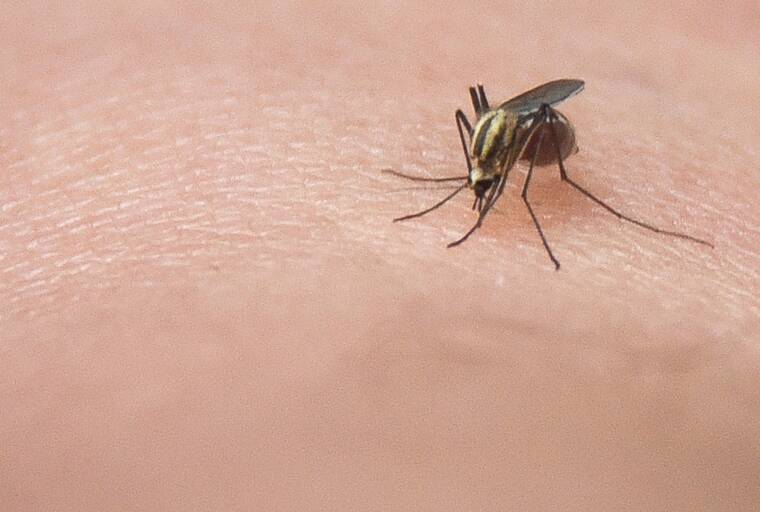The Hawaii State Department of Health has confirmed two more travel-related cases of dengue fever in the state, this time on the islands of Kauai and Maui.
This is the first dengue case on Kauai and the second on Maui so far this year, bringing the total to eight so far this year, including a case reported on Oahu last week.
“These cases occurred in different parts of the world,” the health ministry said in a news release. “Several parts of the world are currently experiencing higher than normal dengue activity.”
The Ministry of Health said the two latest cases involve people who had travelled to areas known to be endemic for dengue, but that the areas had not been identified, and that teams had been sent to the affected areas to investigate and control mosquitoes.
Dengue outbreaks occur in parts of Central and South America, parts of Asia including the Philippines, the Middle East, Africa, parts of the Pacific islands including American Samoa, the Federated States of Micronesia, the Marshall Islands, and Palau, and parts of the Caribbean including Puerto Rico.
The dengue virus spreads from infected people to mosquitoes, which then can then be transmitted to humans, and although Hawaii is home to a species of mosquito that carries dengue, the disease has not taken hold here, according to the Department of Health.
Symptoms include sudden fever, nausea, vomiting, rash and body aches, and usually last for 2-7 days. Although the illness can be life-threatening, most people recover within a week.
The U.S. Centers for Disease Control and Prevention has also issued an alert to inform health care workers and public health officials of the increased risk of dengue infection in the United States this year.
According to the CDC, the global incidence of dengue fever this year is the “highest on record” so far this year, with many countries, including North and South America, reporting higher than normal numbers of dengue cases.
The Ministry of Health said people who are planning to travel or have traveled to areas where dengue is prevalent are at risk of infection.
Hawaii residents should check their country’s specific travel information four to six weeks before traveling for the most up-to-date guidance on dengue risks and prevention measures in that country.
Residents returning from areas at risk of dengue should take precautions to avoid mosquito bites for three weeks, and should seek medical advice if they develop symptoms within two weeks of returning home.
Health officials also recommend eliminating mosquito breeding sites in and around your home by discarding standing water.


